Tanzania Votes In Election Marred By Violence, Fears Of Fraud
Tanzanians began casting their ballots Wednesday morning in an election overshadowed by opposition fears the vote will not be free and fair after years of repression under President John Magufuli, who is seeking a second term in office.
In semi-autonomous Zanzibar hundreds of men and women formed separate queues from before dawn in Garagara neighbourhood outside the capital Stone Town, where on Tuesday police fired teargas, live rounds and beat up civilians in the neighbourhood.
Long deemed a haven of stability in East Africa, observers say Tanzania has seen the stifling of democracy and a crackdown on freedom of speech under the 60-year-old Magufuli and his Chama Cha Mapinduzi (CCM) party, which has been in power since 1961.
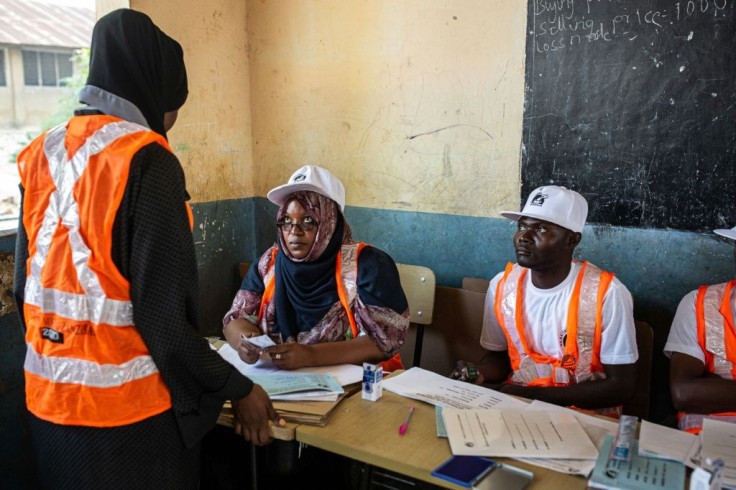
In the days leading up to the polls, the opposition said 10 people have died in violence in Zanzibar, while major social media networks -- such as WhatsApp and Twitter -- have been blocked across Tanzania.
Mnao Haji, 48, queuing to vote in Garagara, said she hoped the election "will be peaceful" despite a history of contested polls.
"During the clashes with police teargas fell inside my house. I screamed, crying, I was helpless," she said as heavily armed officers and soldiers looked on.
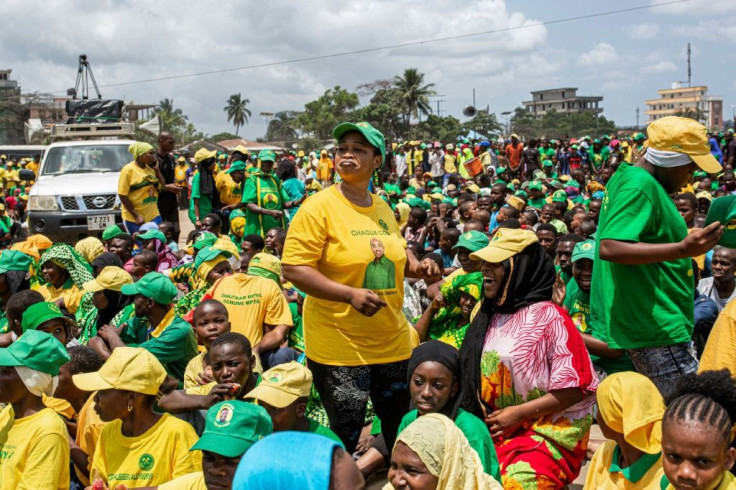
On mainland Tanzania, Magufuli's main challenger among 15 presidential candidates is Tundu Lissu, 52, of the Chadema opposition party.
He returned to the country in July after three years abroad recovering from 16 bullet wounds sustained in what he believes was a politically-motivated assassination attempt.
Lissu's return has reinvigorated an opposition demoralised by a ban on political rallies outside of election time, multiple arrests and attacks.
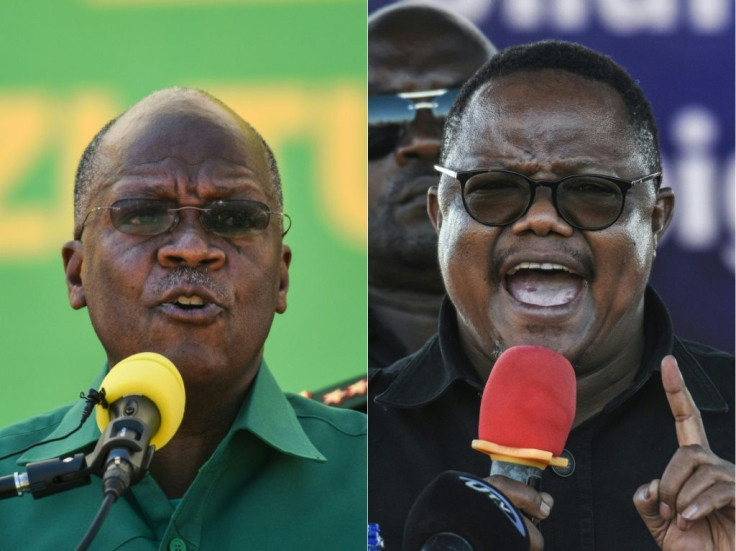
He expressed fears during the campaign that the polls would be rigged, leading to a seven day ban of his rallies for "seditious" language.
"I have witnessed through the campaign that Tanzanians are ready for changes and I believe they will turn out to vote tomorrow," he said at his final rally Tuesday.
In Tanzania's capital Dodoma, voters began casting their votes at Jamhuri Secondary School.
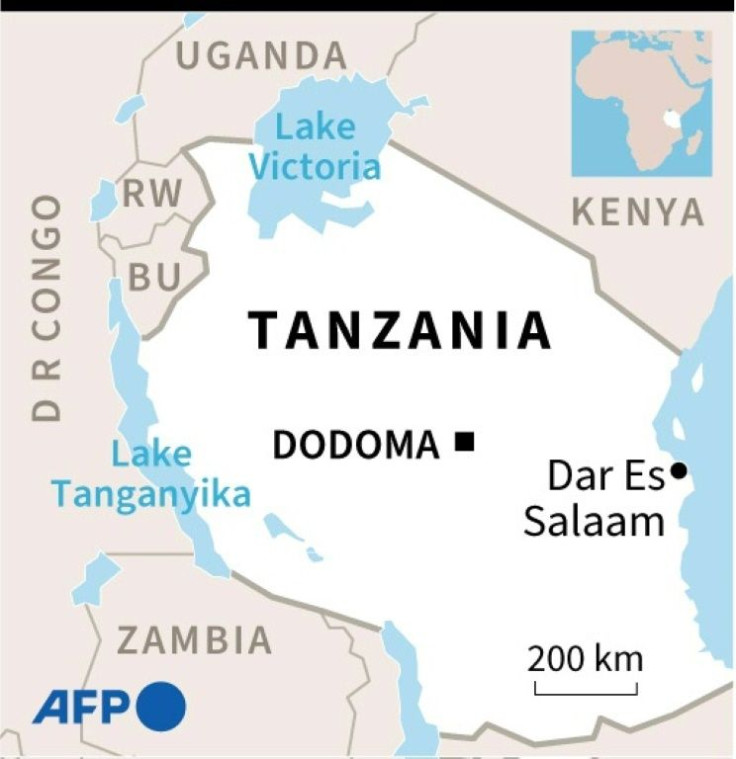
"It's one of my important activities today. I don't want to miss voting at all," said Omary Msongolo.
In the northern town of Moshi, near Africa's highest peak of Kilimanjaro, Nestor Shoo urged the electoral commission to show "impartiality, so that there can be peace".
The opposition and analysts have expressed serious concerns about the fairness of the election, pointing in particular to a polls body comprising commissioners personally appointed by Magufuli.
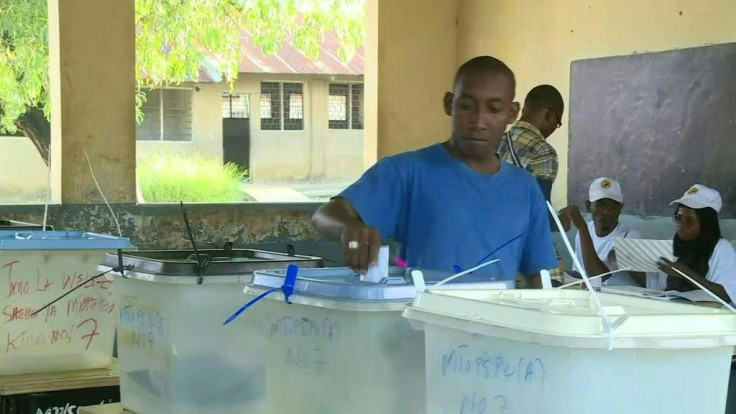
On Zanzibar, citizens vote for their own president and lawmakers, as well as for the Tanzanian president.
In a boost for the opposition's chances, Zitto Kabwe, the head of the popular ACT-Wazalendo party, has endorsed Lissu for the presidency on the mainland.
In return, Chadema is backing veteran opposition candidate Seif Sharif Hamad in his sixth bid for the presidency in Zanzibar, this time against CCM candidate Hussein Ali Hassan Mwinyi.
Zanzibar has a history of tense elections plagued with violence and irregularities and the opposition has again accused the ruling party of seeking to steal the vote.
"How can you have an election were you have teargas everywhere and live ammunition? It is in no case a fair election, it is just a farce," said Hamad.
Magufuli, elected in 2015, at first made wildly popular moves such as curbing foreign travel for government officials or showing up in person to make sure civil servants were doing their work.
Then, he banned political rallies and became increasingly intolerant of dissent.
A series of tough media laws were passed, arrests of journalists, activists and opposition members soared and several opposition members were killed.
Magufuli touts his expansion of free education, rural electrification and infrastructure projects such as railways, a hydropower dam and the revival of the national airline.
However analysts say while the economy grew at an impressive pre-coronavirus average of six percent, there was little job creation and aggressive tax collection has hurt the private sector and made doing business harde. The IMF expects growth to slow to 1.9 percent this year.
The election campaign has taken place with little regard to the coronavirus pandemic.
On the mainland, just over 29 million registered voters will cast their ballots, while some 566,000 will vote in Zanzibar from 7 am (0400 GMT) until 4 pm (1300 GMT).
© Copyright AFP {{Year}}. All rights reserved.




















